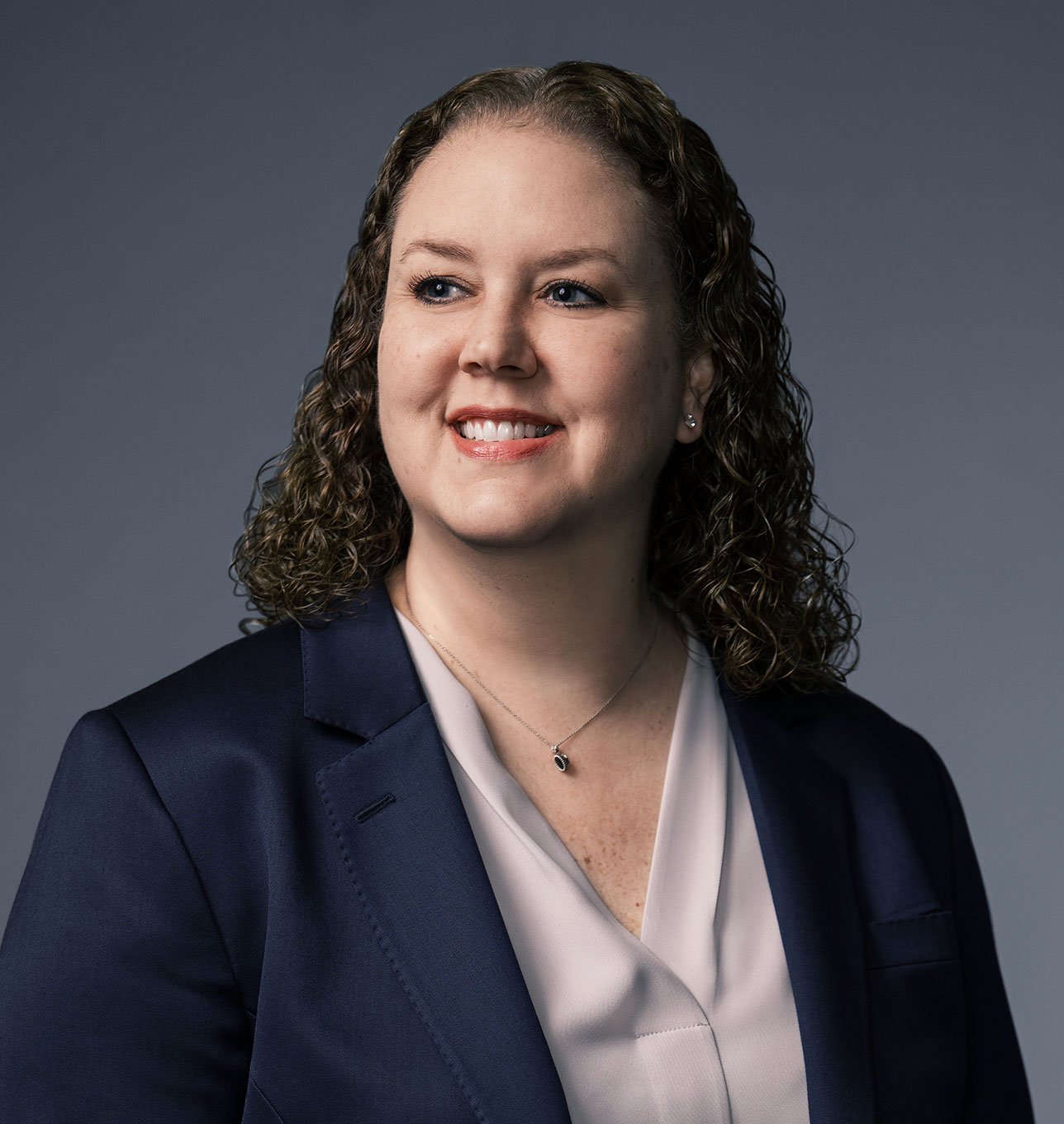Federal Agencies and GSEs Issue Temporary Relief Measures for Mortgage Loan Borrowers Due to COVID-19
In connection with the national emergency and global pandemic caused by the COVID-19 outbreak, federal housing finance authorities have issued temporary borrower relief measures. The Federal Housing Administration (FHA) of the US Department of Housing and Urban Development (HUD) and the Federal Housing Finance Agency (FHFA), including Fannie Mae and Freddie Mac at FHFA’s direction, each announced, on March 18, 2020, temporary relief measures that require mortgage loan servicers to offer relief to borrowers who suffer hardship as a result of COVID-19. The relief measures announced include:
- For FHA-insured mortgage loans and loans backed by Fannie Mae and Freddie Mac (collectively referred to as the GSEs), a 60-day moratorium on foreclosures and evictions effective as of March 18, 2020, and
- For Fannie Mae and Freddie Mac borrowers facing a hardship related to COVID-19, the expansion of forbearance and loan modification eligibility requirements and suspension of adverse credit reporting.
The Department of Veterans Affairs (VA) also issued similar announcements encouraging servicers and holders of VA-guaranteed loans to take similar measures to provide relief.
This Legal Update compares the different approaches taken with respect to the recently announced relief measures.
Sixty-Day Foreclosure and Eviction Moratorium
FHA, Fannie Mae and Freddie Mac issued announcements establishing a 60-day moratorium on foreclosures effective as of March 18, 2020. Differences exist, however, in the loans to which the moratoria apply and the actions that servicers can take.
FHA announced in Mortgagee Letter 2020-04 that its guidance applies to all FHA Title II Single Family forward and Home Equity Conversion Mortgage (reverse) mortgage programs and imposed a 60-day moratorium on the initiation of foreclosures and the completion of foreclosures in process in connection with those loans. FHA also is extending the deadlines for the first legal action and reasonable diligence timeline by 60 days. According to FAQs issued by FHA, this results in “an automatic 60-day extension following the moratorium expiration date [for a servicer] to commence or recommence foreclosure action or evaluate the borrower under HUD’s Loss Mitigation Program.” In addition, FHA announced that evictions of persons from properties secured by FHA-insured single family mortgages are also suspended during the 60-day period.
The FHFA announced in a press release on the same day that it has “directed Fannie Mae and Freddie Mac to suspend foreclosures and evictions for at least 60 days due to the coronavirus national emergency.” As a result, Fannie Mae (in Lender Letter (LL 2020-02)) and Freddie Mac (in Bulletin 2020-4) announced a moratorium on foreclosure sales for the next 60 days applicable to all loans owned by Fannie Mae and Freddie Mac, unless the properties securing those loans have been determined to be vacant or abandoned. This moratorium is more limited than the foreclosure moratorium that applies to FHA-insured loans. Notably, Fannie Mae and Freddie Mac instruct servicers to suspend only foreclosure sales, not new foreclosure initiations. The moratorium also does not apply to loans where the properties have been determined to be vacant or abandoned. FHA, however, creates no exception, applying its moratorium to all FHA-insured loans. In addition, unlike the FHFA’s press release, the announcements by Fannie Mae and Freddie Mac do not reference a moratorium on, or suspension of, evictions. Presumably a moratorium on foreclosure sales would practically preclude a servicer from taking the steps to evict a borrower if a foreclosure sale cannot be completed, but the official guidance from Fannie Mae and Freddie Mac is silent. Nonetheless, given that the FHFA announced its directive to suspend evictions for a 60-day period, servicers appear to be suspending evictions as part of the foreclosure moratorium for Fannie Mae and Freddie Mac loans.
Thus far, the VA’s approach on the subject of a foreclosure moratorium in its Circular 26-20-8 is to “strongly encourage” loan holders and servicers to establish a 60-day moratorium. The VA notes that the loan holder is ultimately responsible for determining when to initiate a foreclosure action or to complete a foreclosure sale, but it strongly encourages loan holders to impose a 60-day moratorium on filing new foreclosure actions or completing foreclosure sales. The VA reminds stakeholders that its regulations permit additional interest on guaranty claims when foreclosures are delayed due to circumstances beyond the control of the loan holder. The Circular also requests that loan holders “should consider the impact of completing an eviction action” and requests that loan holders “not expose Veterans and their families to additional risk through an eviction action, if at all feasible.” Thus, while the moratoria established by FHA and the GSEs are required, it is not required for loan holders and servicers of mortgage loans insured by the VA.
Forbearance and Modification
The announcements made by the GSEs also refer to forbearance or modification as relief measures for borrowers affected by COVID-19. While the FHA refers, at this point, in its FAQs, to FHA’s currently existing suite of options for borrowers struggling to make monthly payments (e.g., special forbearance for unemployed borrowers), Fannie Mae and Freddie Mac have expanded and modified their existing forbearance and modification policies to cover COVID-19-affected borrowers. Generally, the GSEs announced that borrowers are now eligible for Fannie Mae and Freddie Mac forbearance plans if: (1) the borrower is facing a hardship resulting from COVID-19, and (2) the servicer has obtained “quality right party contact”1 with the borrower. Notably, the GSE announcements expressly state that the servicer is not required to obtain documentation of the borrower’s COVID-19-related hardship. Also, while Fannie Mae and Freddie Mac forbearance plans have generally applied only to loans secured by principal residences, mortgage loans secured by principal residences, second homes or investment properties all may qualify for forbearance in a COVID-19 hardship scenario. Fannie Mae’s and Freddie Mac’s announcements make clear that servicers evaluating borrowers that are experiencing a COVID-19 hardship should evaluate the borrowers for forbearance in accordance with existing Fannie Mae or Freddie Mac guidelines for forbearance plans.
Similarly, the GSEs have expanded the loan modification eligibility requirements for borrowers who have received a forbearance plan in response to COVID-19. The announcements explain how existing Fannie Mae and Freddie Mac modification programs and procedures used for disaster relief scenarios are now to be applied to assist borrowers affected by the COVID-19 crisis. Servicers are required to initiate outreach to the borrower no later than 30 days prior to the end of the COVID-19-related forbearance and to continue such efforts until a qualified right party contact has been established or until the forbearance period has expired, in order to evaluate which specific modification program is appropriate for the borrower. Freddie Mac’s guidance provides more detail as it relates to a COVID-19 loss mitigation hierarchy. It makes clear that a borrower that was 31 days or more delinquent prior to the national emergency declaration on March 13 is not eligible for the COVID-19 loan modification options. However, for those borrowers that were current or less than 31 days delinquent as of March 13, and the borrower is unable to resolve delinquency through a reinstatement or repayment plan, the servicer must evaluate the borrower according to the following COVID-19 loss mitigation hierarchy: (1) Extend Modification; (2) Cap and Extend Modification; (3) Freddie Mac flex modification; (4) short sale; and (5) deed-in-lieu of foreclosure.
The VA’s Circular 26-20-7 states that the VA “encourages” holders of guaranteed loans to extend forbearance to borrowers in distress as a result of COVID-19 and does not provide any material changes to its policies related to forbearance. We expect FHA to announce COVID-19 loss mitigation relief in the coming days.
Credit Reporting
The announcements from the GSEs also require that servicers suspend reporting the status of a mortgage loan to credit bureaus or credit repositories during an active forbearance plan, repayment plan or trial period plan, as long as the delinquency is related to a hardship resulting from COVID-19. The Fannie Mae announcement specifically requires that the borrower be making the required payments as agreed for the suspension to apply, even though payments are past due. The Freddie Mac guidance does not include the same instructions; it merely states that servicers must not report borrowers to the credit bureaus who are on active forbearance, repayment or trial period plans as a result of a COVID-19 hardship.
The VA and FHA announcements do not include any restrictions on suspending credit reporting, except for a general encouragement for servicers to consider the option of suspending adverse credit reporting and a reminder to comply with the Fair Credit Reporting Act.
Conclusion
Given the different approaches taken by FHA, the VA and the GSEs on relief measures related to COVID-19, additional clarity or uniformity on these measures may be announced soon. The US Department of Agriculture (USDA) may propose similar guidelines. Additionally, mortgage servicers must contend with similar relief measures established by the states that could impact these federal relief measures. For example, on March 19, 2020, Governor Cuomo of New York proposed a “90-day mortgage relief plan,” although the language of that guidance “urges” all regulated entities and mortgage servicers doing business in New York to do their part to assist borrowers impacted by COVID-19.
We will stay abreast of any related developments and will report on any additional updates. Please contact Mayer Brown’s Consumer Financial Services team should you have any questions. These announcements by FHA, the VA and the GSEs are part of an evolving trend across regulatory agencies in the United States. Please visit our website to learn more.
1 Per Section 9102.3(b) of the Freddie Mac Seller/Servicer Guide, “Quality right party contact occurs when a Servicer establishes contact with the Borrower and discusses with the Borrower, co-Borrower or trusted advisor, such as a housing counselor, the most appropriate options for Delinquency resolution. A Servicer must make every attempt to achieve quality right party contact by: determining the reason for the Delinquency and whether the reason is temporary or permanent in nature; determining the occupancy status of the property; determining the Borrower’s ability to repay the debt; setting payment expectations and educating the Borrower on the availability of alternatives to foreclosure as appropriate; and obtaining a commitment from the Borrower to either resolve the Delinquency through traditional methods (paying the total delinquent amount) or engaging in an alternative to foreclosure solution.” Per Section D2-2-01 of the Fannie Mae Servicing Guide, “QRPC is a uniform standard for communicating with the borrower, co-borrower, or a trusted advisor (collectively referred to as “borrower”) about resolution of the mortgage loan delinquency. The servicer must make every attempt to achieve QRPC. The purpose of QRPC is to: determine the reason for the delinquency and whether it is temporary or permanent in nature; determine the occupancy status of the property; determine whether or not the borrower has the ability to repay the mortgage loan debt; educate the borrower on the availability of workout options, as appropriate; and obtain a commitment from the borrower to resolve the delinquency.”




